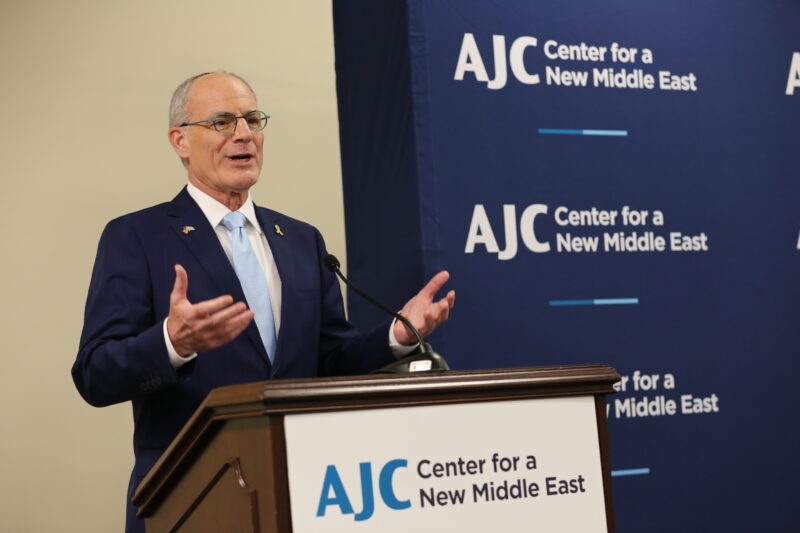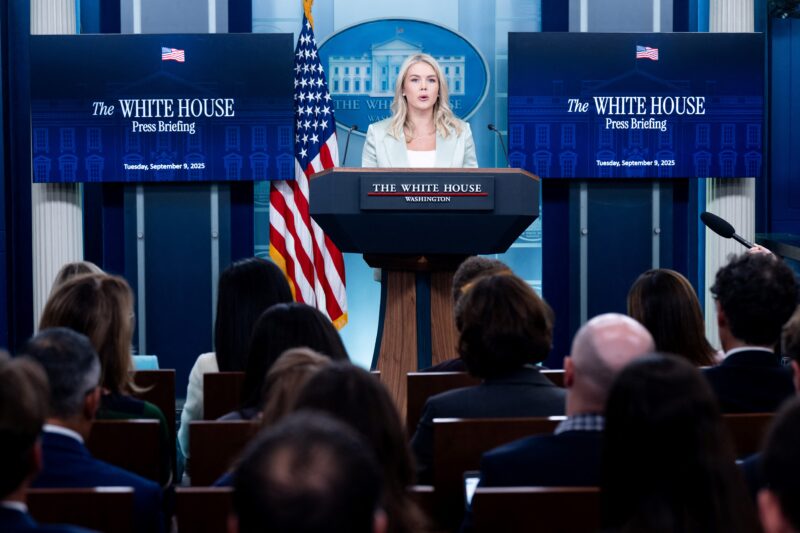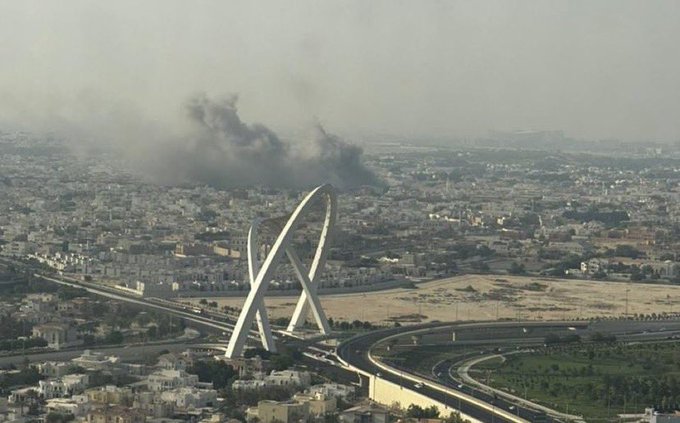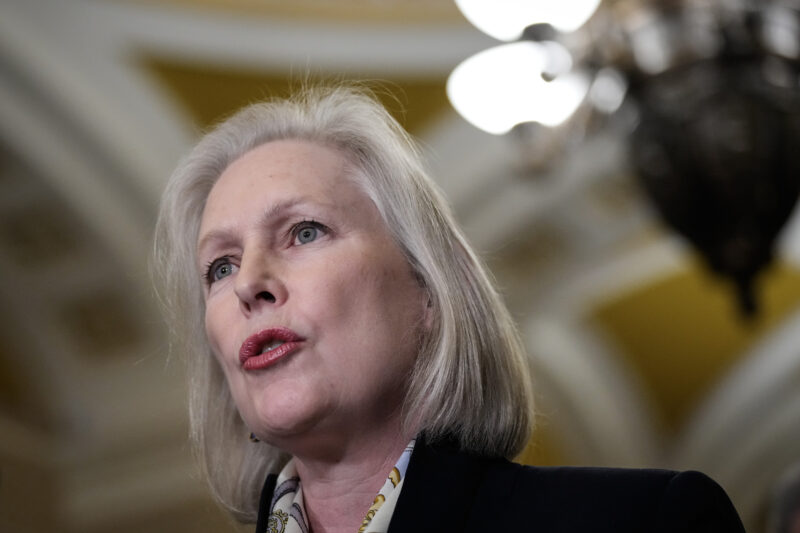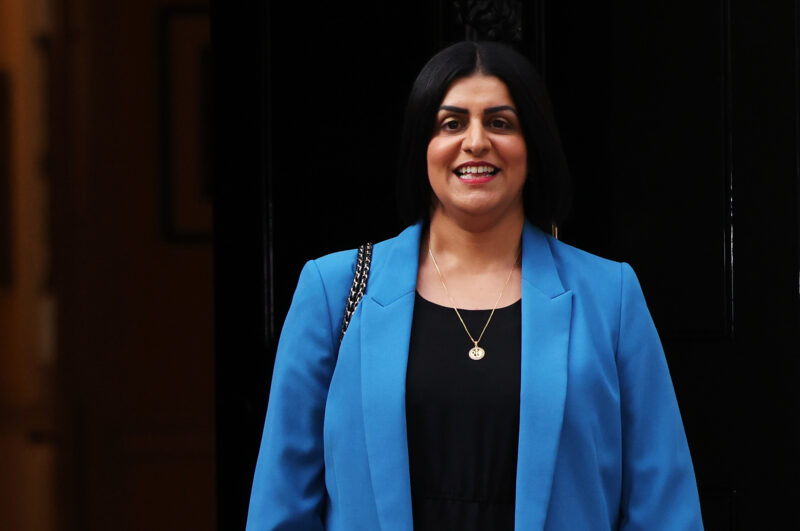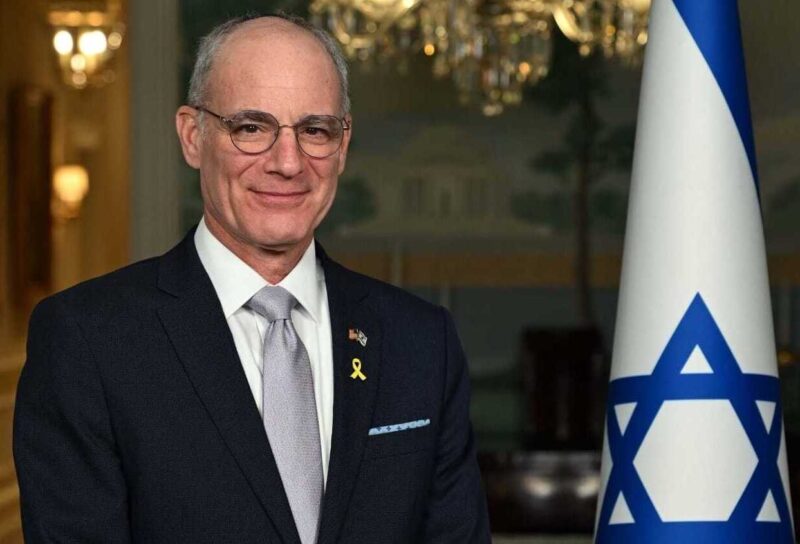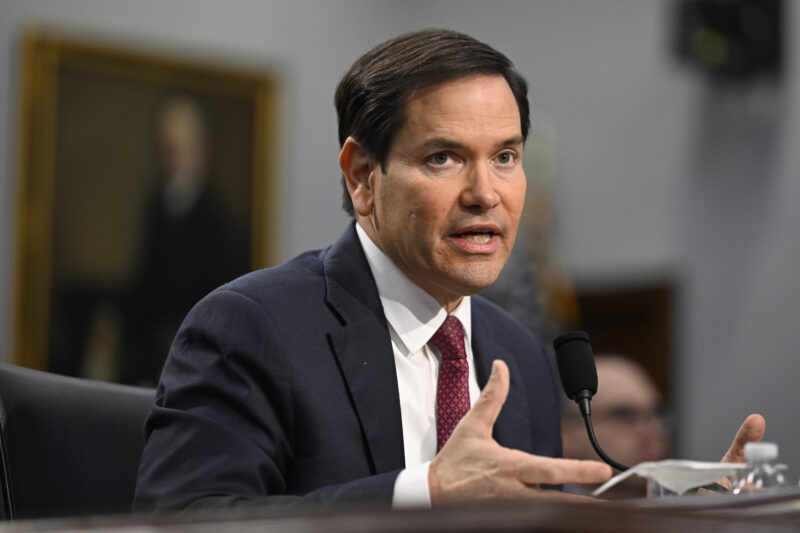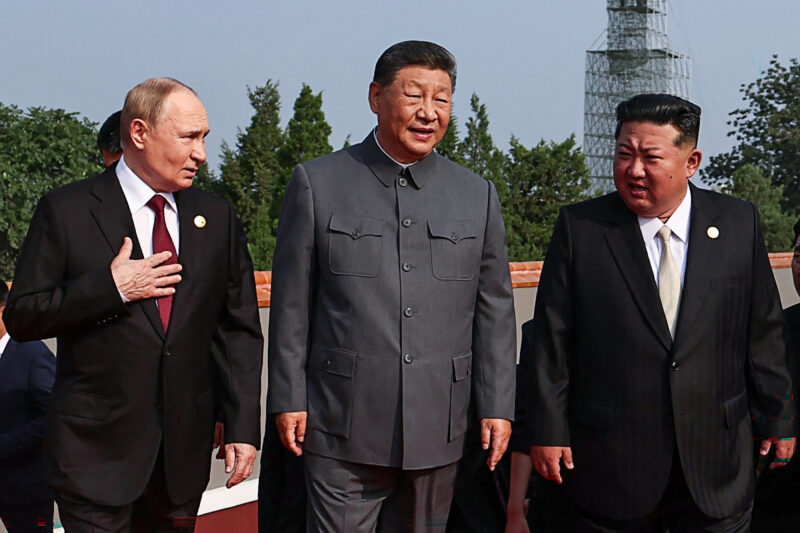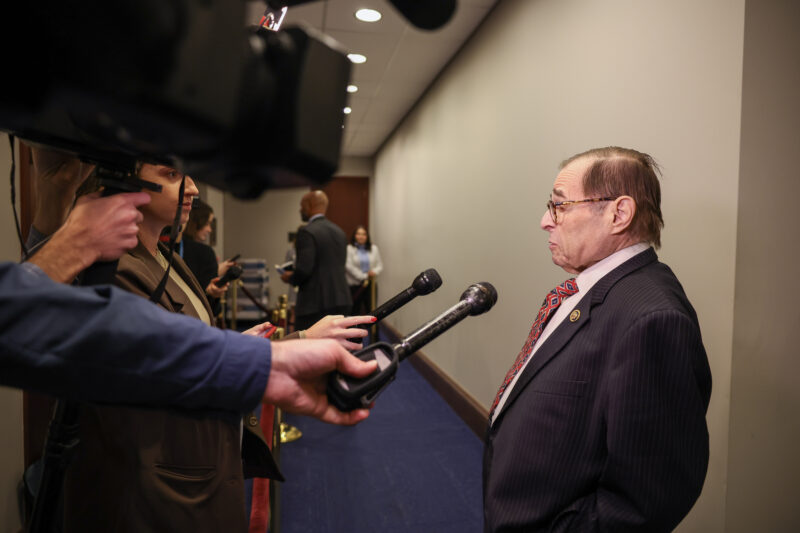Qatar denies expelling Hamas despite Biden administration claims
Doha trying to save face, but does not fear consequences for apparently misleading the White House, experts say

Jacquelyn Martin/AP
Qatari Prime Minister and Minister of Foreign Affairs Sheikh Mohammed bin Abdulrahman bin Jassim Al-Thani, attends a news conference about the Israel-Hamas war, and pressure to reduce civilian casualties, Friday, Dec. 8, 2023, in Washington.
The Qatari Foreign Ministry emphatically denied reports of Hamas’s expulsion from Doha, after U.S. officials said that Qatar demanded the Palestinian terrorist group depart.
“The media reports regarding the Hamas office in Doha is inaccurate,” the Qatari Foreign Ministry statement from Saturday reads. “The main goal of the office in Qatar is to be a channel of communication between the concerned parties.”
While the statement described cease-fire and hostage release negotiations between Israel and Hamas as “stalled,” Qatar, the primary mediator presenting Hamas’ side in the talks, said it will “resume [mediation] efforts … when the parties show their willingness and seriousness to end the brutal war.”
A day earlier, Biden administration officials confirmed reports that Qatar told Hamas leadership that they are no longer welcome in their country.
“Hamas is a terrorist group that has killed Americans and continues to hold Americans hostage. After rejecting repeated proposals to release hostages, its leaders should no longer be welcome in the capitals of any American partner,” a senior Biden administration official told Jewish Insider on Friday. “We made that clear to Qatar following Hamas’s rejection weeks ago of another hostage release proposal.”
A U.S. official disputed Qatar’s official statement and stood by the assertion that Qatar had requested Hamas’ leaders leave Doha.
Ariel Admoni, a Qatar expert at Bar-Ilan University, told JI that this kind of triangulation is typical of Doha.
“It’s a classic Qatar move to try to try to give both sides something to save face,” he said.
Admoni noted that the statement from Doha notes its “firm commitment to supporting the brotherly Palestinian people until they obtain all their rights.” That emphasis by Qatar indicates that the reports of evicting Hamas may have hurt their standing among the terrorist group’s supporters.
“The Qataris wanted to show Washington that they were taking a significant step … but at the same time, the Qataris wanted to keep Muslim Brotherhood supporters on its side,” Admoni said.
Jonathan Schanzer, senior vice president of research at the Foundation for Defense of Democracies, called Qatar “the arsonist and the firefighter.”
Admoni said Qatar did not set a target date for Hamas’ departure, indicating that its promise to the Biden administration was an empty one.
Similarly, Schanzer said “this looks like the Qataris digging in and continuing to support the terrorist organization that they have long backed … This is a country fully, ideologically aligned with Hamas. We should not be surprised that this country is now not interested in withdrawing support for Hamas.”
Schanzer called Doha’s double game a “clarifying moment,” in that Qatar “was not about mediation. This was about patronage. Qatar is a patron of Hamas, full stop.”
Admoni posited that Qatar was not concerned about the consequences of apparently outright lying to the Biden administration.
“They did not get the impression that any moves against [the Biden administration] will sever the relationship between them, because the administration sees them as a full partner and Qatar continues to position itself [well],” he said.
According to Schanzer, “the Qataris have long been Teflon. They’ve literally gotten away with murder, bribing, human rights violations for years and they’re never called out for any of it. They probably feel they can continue to operate with impunity.”
Schanzer called on the Biden administration “to call out the Qataris, to demand that they do this. If they don’t, it’s a mistake. It’s up to the Trump administration to decide if they want to correct it.”
President-elect Donald Trump was friendly to Qatar in his first administration, helping Doha reconcile with other Gulf states that were boycotting it, but Schanzer said that “nobody knows exactly what the incoming Trump administration’s policy is going to be.”
“What we can say,” he added, “is if there is to be pressure that is put on Hamas to end the war, Qatar has to be part of the equation. If [Hamas] doesn’t feel that they are about to lose patrons and financial and political support, then I don’t understand what will get them to surrender.”





